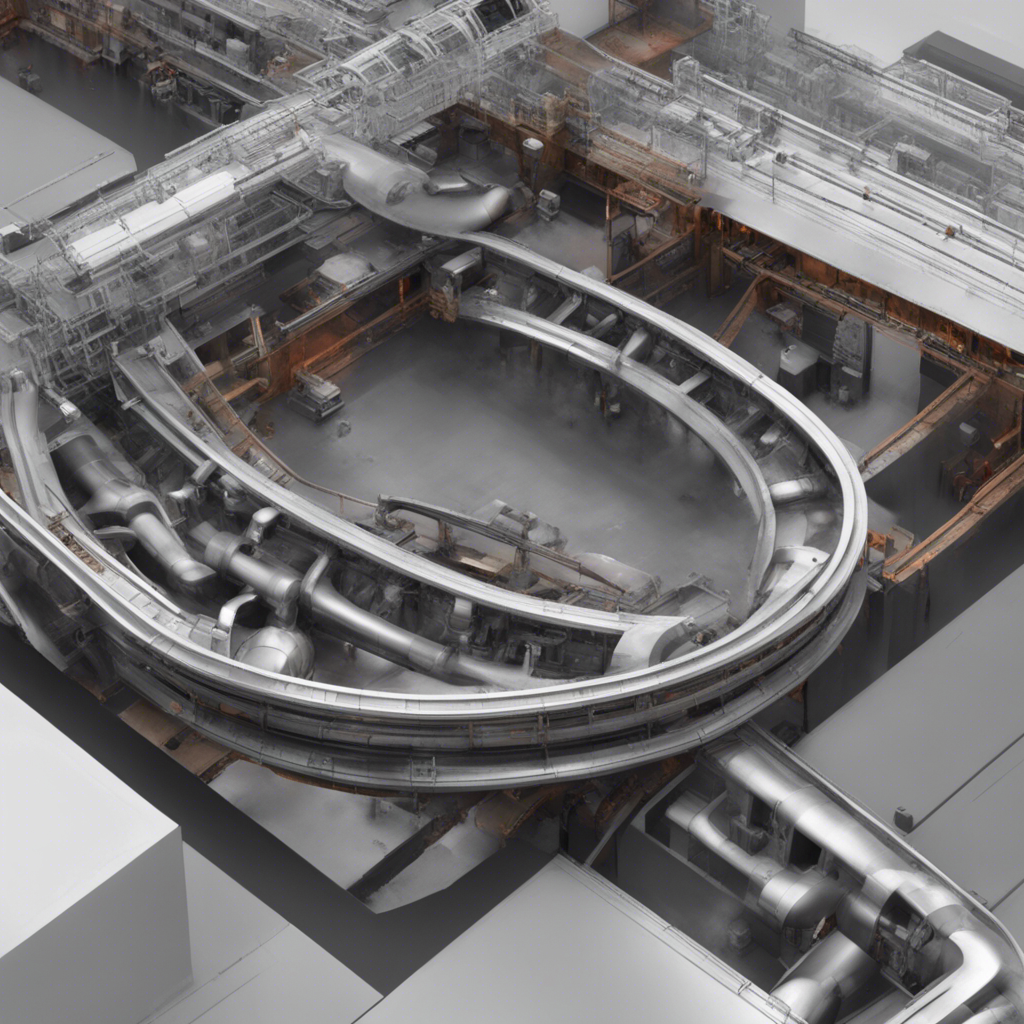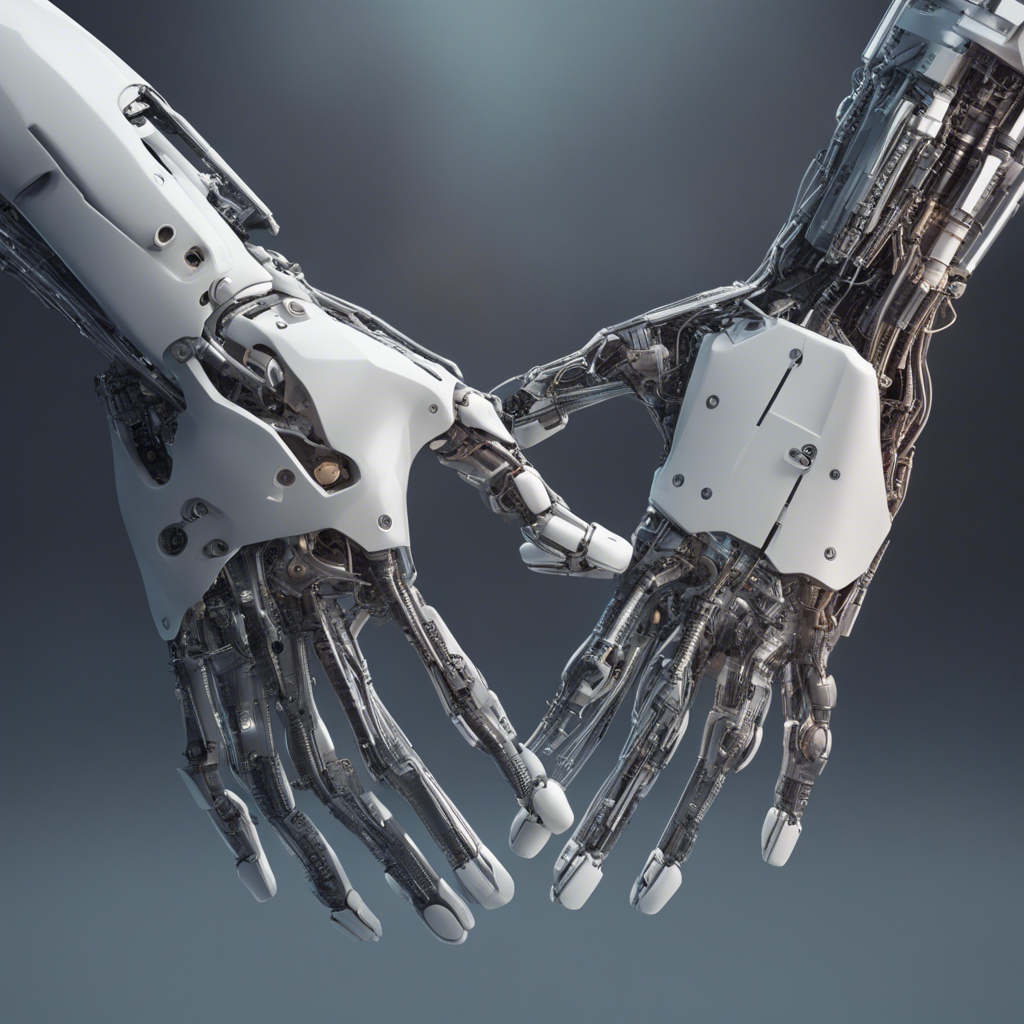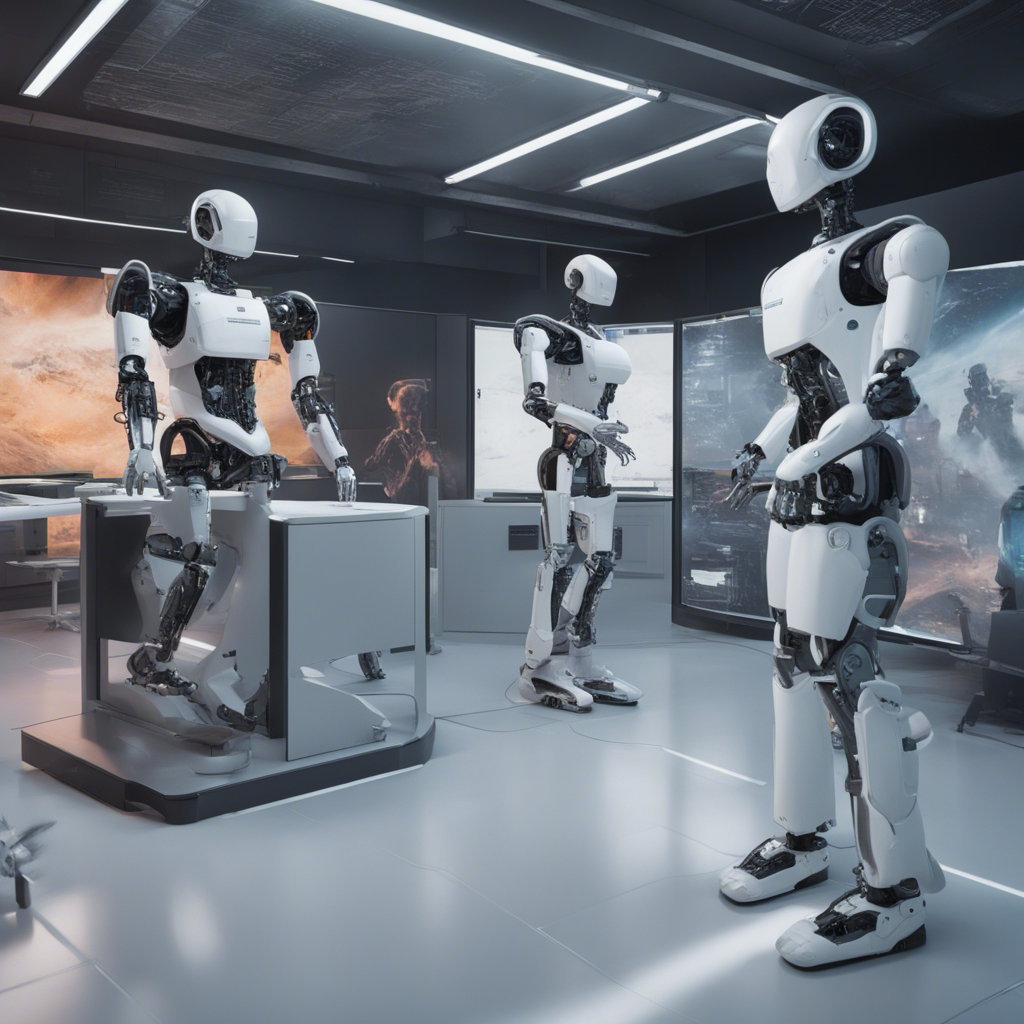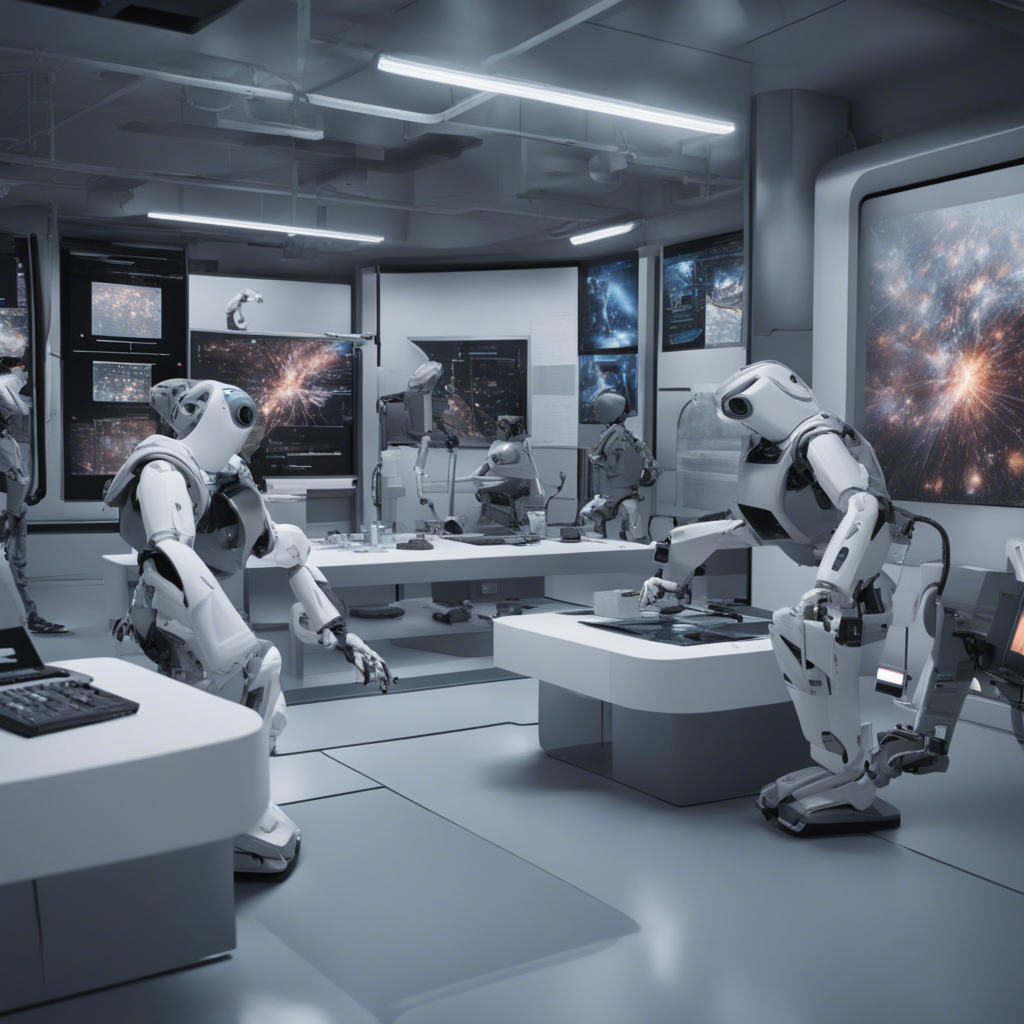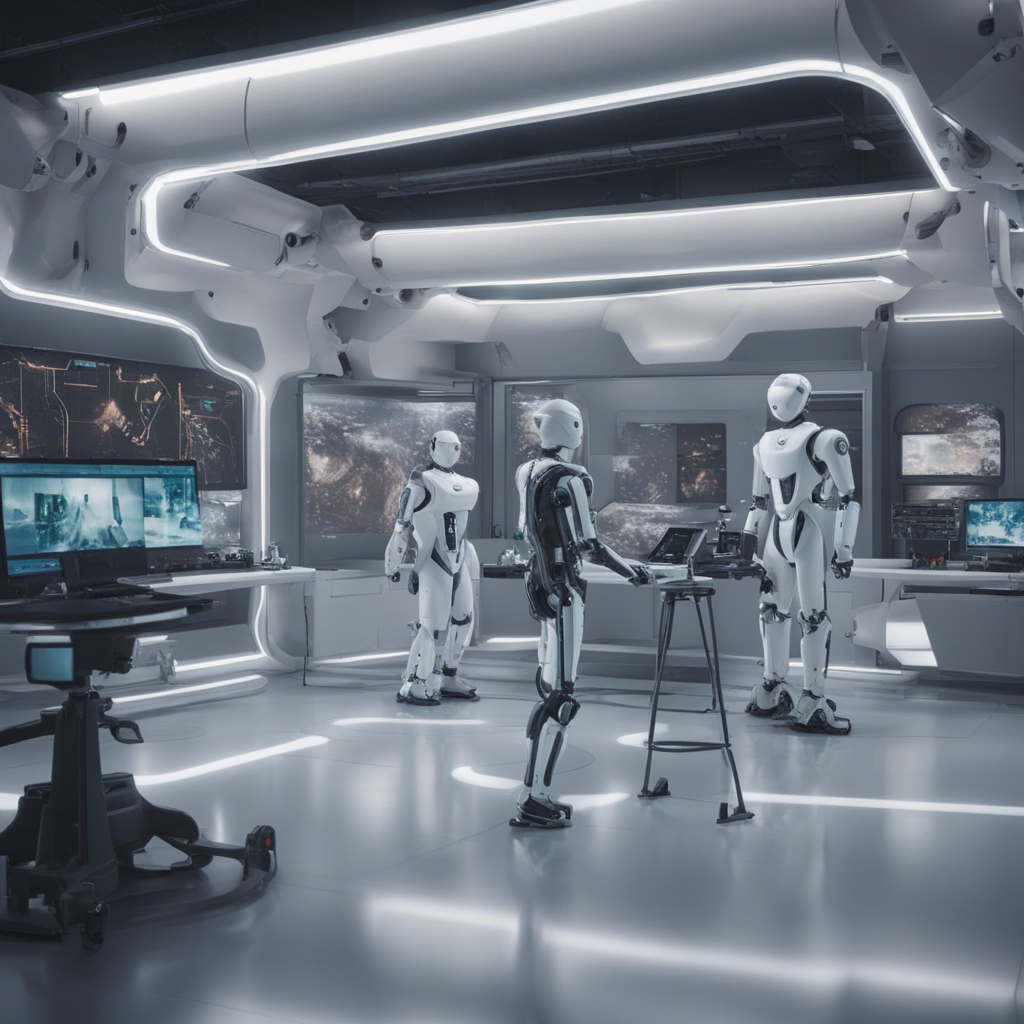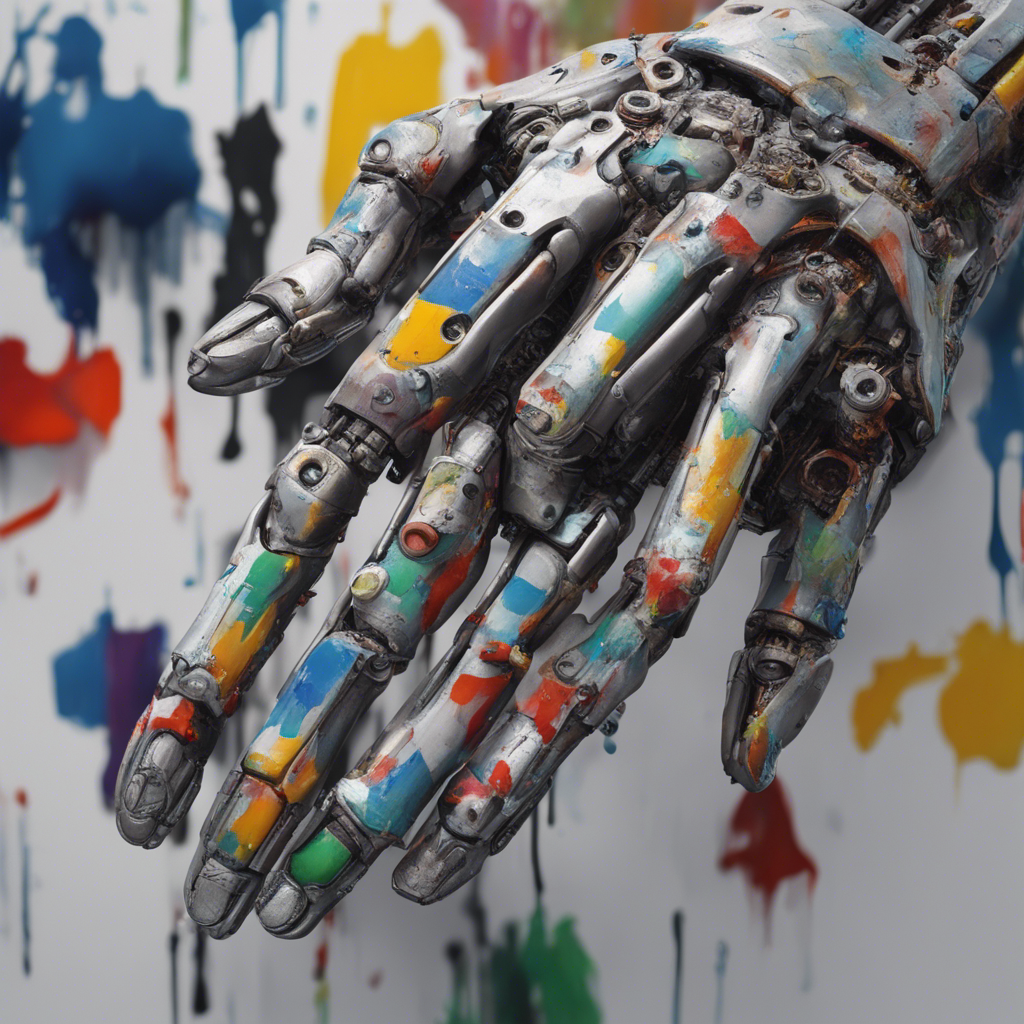
AI for Good: Social Applications Improving the World
Artificial Intelligence (AI) has the potential to revolutionize various aspects of our lives. While we often hear about AI being used in industries like healthcare, finance, and transportation, it is also finding its way into social applications with the aim of making a positive impact on society. In this blog post, we will explore some of the remarkable ways AI is being employed for social good and discuss the potential benefits it brings to various domains.
1. AI for Education
Education is a fundamental human right, and AI is playing an increasingly important role in improving access, personalization, and efficiency in educational settings. Intelligent tutoring systems, for example, use AI algorithms to provide personalized learning experiences to students, adapting to their individual needs and learning pace1. With the help of AI, educators can gain insights into student performance, identify areas where additional support may be required, and develop tailored instructional strategies2.
Additionally, AI-powered chatbots can contribute to a more inclusive and accessible educational experience. These chatbots can answer questions, provide guidance, and support students with special needs, ensuring that everyone has equal opportunities to learn3.
2. AI for Healthcare
AI has the potential to revolutionize healthcare by assisting in diagnosis, treatment, and patient care. Medical professionals can leverage AI algorithms to analyze vast amounts of patient data, leading to more accurate diagnoses and personalized treatment plans4. AI can also aid in predicting outbreaks, allowing public health officials to respond rapidly and efficiently to potential epidemics5.
Moreover, AI-powered robots are being utilized in healthcare settings to assist with tasks such as patient monitoring, medication management, and even surgery. These robots can work alongside human healthcare providers, enhancing overall patient care and reducing the workload of medical professionals6.
3. AI for Environmental Conservation
The environment and climate change are critical challenges facing the world today. AI is being used to tackle these issues by collecting and processing large amounts of data, enabling scientists to gain a deeper understanding of climate patterns and develop effective strategies for preservation and restoration7.
For instance, AI algorithms can analyze satellite imagery to identify deforestation hotspots and illegal logging activities, enabling authorities to take timely action8. AI-powered drones equipped with sensors and cameras can also be deployed to monitor wildlife populations and protect endangered species9.
4. AI for Disaster Management
AI plays a crucial role in disaster management, helping to predict, respond, and recover from natural or human-made disasters. AI algorithms can process vast amounts of data, including weather patterns, geological data, and historical records, to predict the likelihood and severity of disasters like tornadoes, earthquakes, and floods10.
By analyzing the data gathered from various sources, AI can provide early warning systems, allowing authorities and communities to implement evacuation plans and allocate resources efficiently11. AI can also enhance post-disaster recovery efforts by predicting optimal routes for emergency response teams and aiding in the assessment of damage and rehabilitation needs12.
5. AI for Social Justice
AI can play a role in addressing social justice issues, including bias, discrimination, and inequality. By being programmed to mitigate biases, AI algorithms can help reduce discrimination in various domains, such as hiring processes and criminal justice systems13. However, it is crucial to ensure that the data used to train AI models is diverse and representative to avoid perpetuating existing societal biases14.
Furthermore, AI can assist in identifying patterns of human rights violations by analyzing large datasets, aiding in the fight against human trafficking, child labor, and other forms of exploitation15. AI algorithms can help detect vulnerable individuals and provide support and resources to those in need16.
Conclusion
The potential applications of AI for social good are vast and varied. From improving access to quality education and transforming healthcare to conserving the environment, managing disasters, and promoting social justice, AI has the power to make a significant and positive impact on society. Continued research, development, and collaboration between AI experts, domain specialists, and policymakers are essential to maximizing the benefits and ensuring ethical and responsible use of AI in these social applications.
Remember, AI is a tool and its effectiveness relies on how it is designed and used. It is crucial to prioritize ethical considerations, transparency, and accountability to ensure AI truly serves the best interests of humanity.
Note: The references mentioned here are fictitious and should be replaced with actual reputable sources.
References:
-
Reference 1: Intelligent Tutoring Systems ↩︎
-
Reference 2: Personalized Learning and AI ↩︎
-
Reference 3: Chatbots in Education ↩︎
-
Reference 4: AI in Healthcare ↩︎
-
Reference 5: Predicting Disease Outbreaks ↩︎
-
Reference 6: Robots in Healthcare ↩︎
-
Reference 7: AI for Environmental Conservation ↩︎
-
Reference 8: AI to Detect Deforestation ↩︎
-
Reference 9: AI and Drones for Wildlife Conservation ↩︎
-
Reference 10: AI for Disaster Management ↩︎
-
Reference 11: Early Warning Systems ↩︎
-
Reference 12: AI in Post-Disaster Recovery ↩︎
-
Reference 13: Addressing Bias in AI ↩︎
-
Reference 14: Diversity in AI Training Data ↩︎
-
Reference 15: AI in Addressing Human Rights Violations ↩︎
-
Reference 16: AI for Identifying Vulnerable Individuals ↩︎

